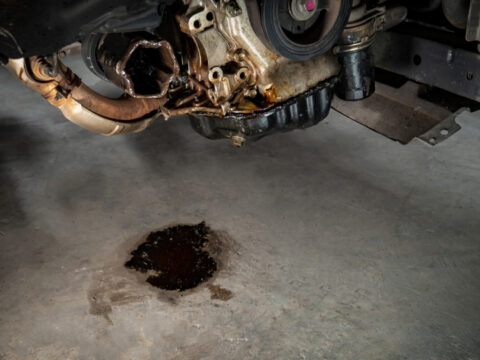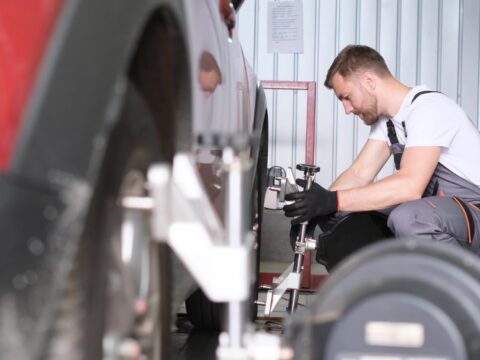Ignoring regular brake checks can lead to serious problems that compromise your vehicle’s safety and performance. Over time, brake components wear down, and without proper maintenance, you might experience reduced stopping power, longer braking distances, and even brake failure. Additionally, neglecting brake inspections can result in costly repairs, as minor issues can escalate into major problems. In this article, we’ll discuss the common issues that arise from skipping regular brake checks and why staying on top of brake maintenance is crucial for ensuring your safety on the road.
Contents
Brake Pad Wear
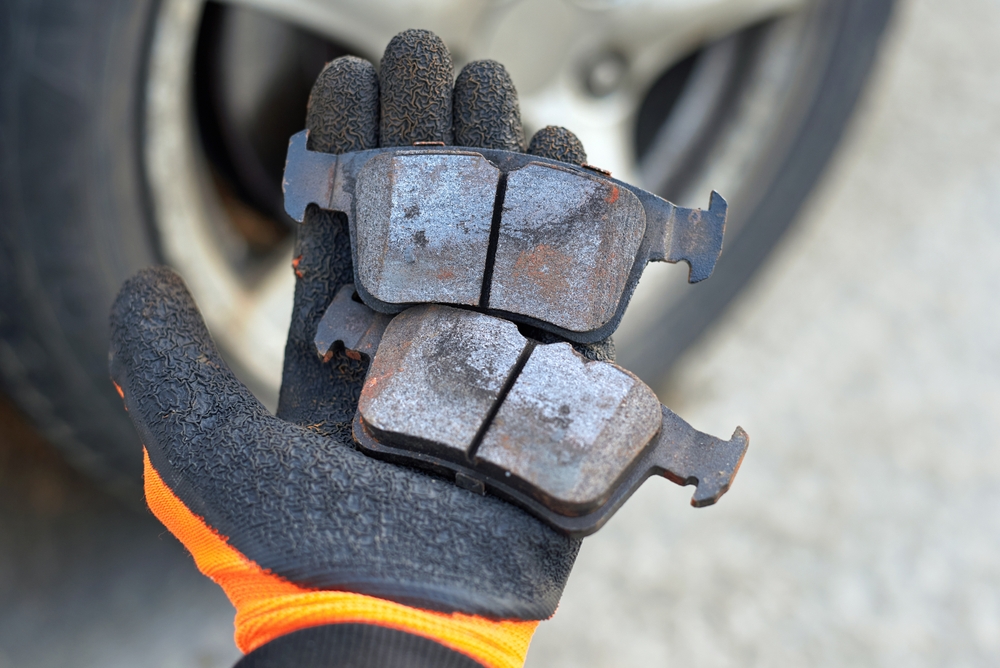
Ignoring regular brake checks can lead to excessive wear on your brake pads, one of the most common issues. Brake pads are designed to wear down over time, but without regular inspection, you might not notice when they’ve reached a critical point. Worn brake pads reduce braking efficiency, increase stopping distances, and can lead to damage to the brake rotors. If the pads wear down completely, metal-on-metal contact can occur, causing costly damage to the rotors and calipers. To prevent this, have your brake pads checked regularly and replace them when they reach the manufacturer’s recommended thickness.
Brake Fluid Contamination
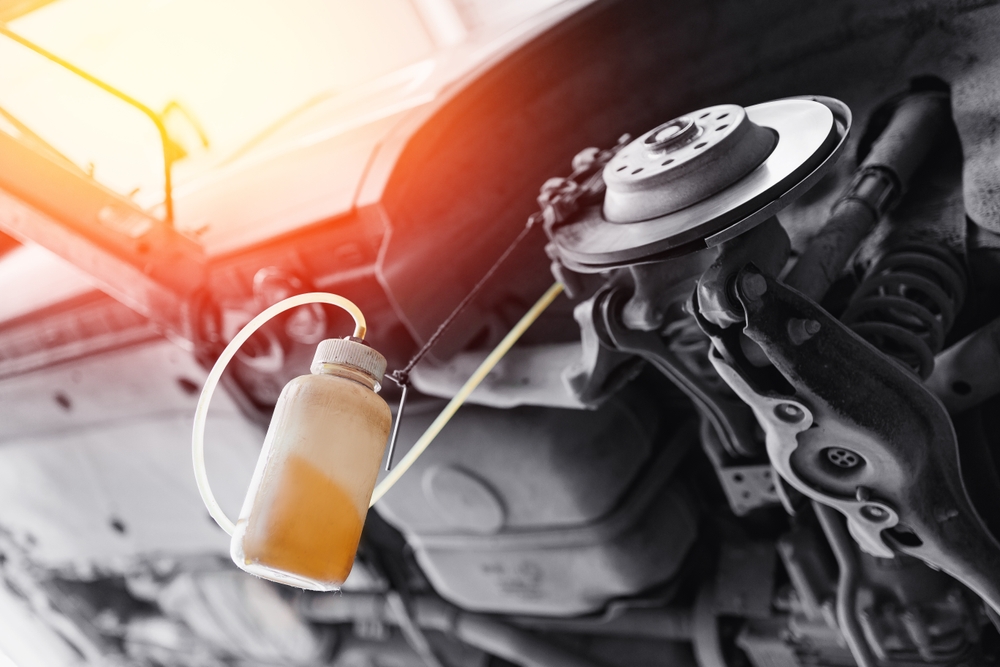
Brake fluid is hygroscopic, meaning it absorbs moisture over time, which can lead to contamination. If you ignore regular brake checks, the moisture content in the brake fluid can increase, leading to a lower boiling point and reduced braking performance. This can result in a spongy brake pedal feel or even brake failure under extreme conditions. Contaminated brake fluid can also cause corrosion within the braking system, leading to expensive repairs. To prevent these issues, have your brake fluid checked and replaced according to your vehicle’s maintenance schedule, usually every two years or 30,000 miles.
Brake Rotor Damage
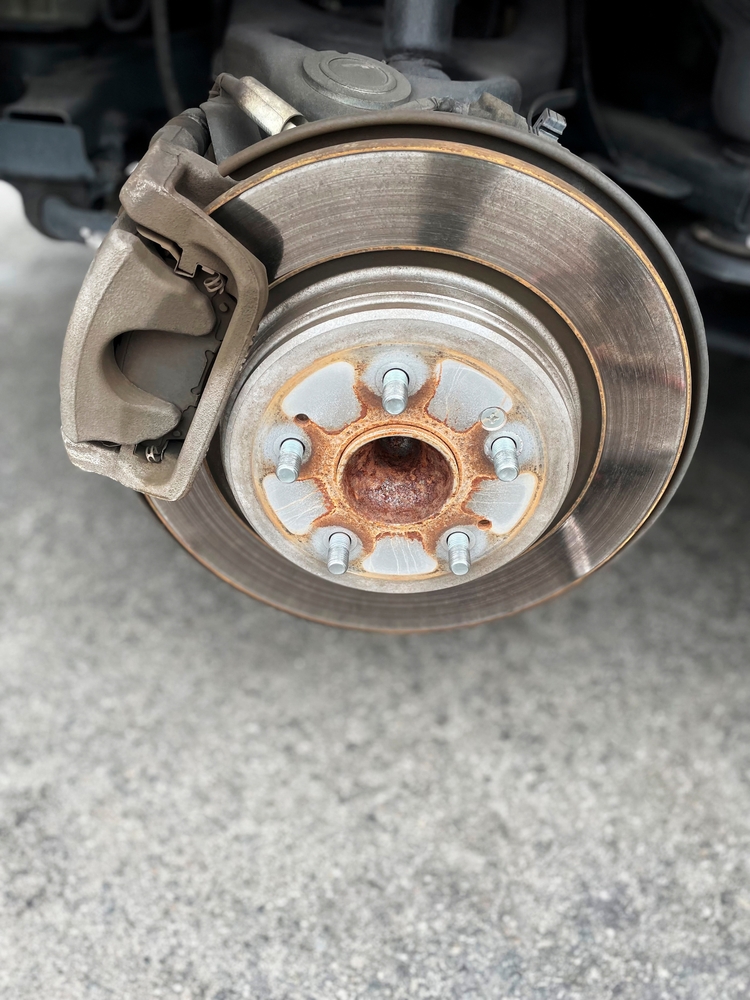
Brake rotors are prone to wear and warping, especially if brake pads are neglected. When brake pads are worn too thin, the rotors can become damaged from metal-on-metal contact. Warped rotors cause vibrations and pulsing in the brake pedal, leading to reduced braking efficiency and potentially dangerous driving conditions. Over time, ignoring rotor wear can result in the need for costly replacements rather than simple resurfacing. To avoid rotor damage, have your brakes inspected regularly and replace pads before they cause harm to the rotors.
Uneven Brake Pad Wear
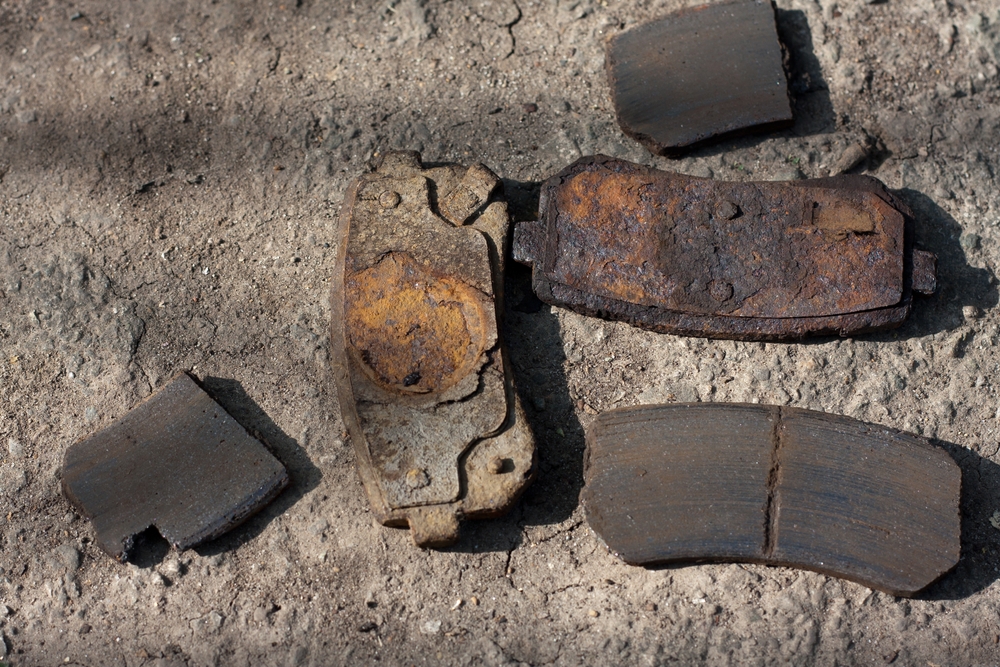
When brake checks are ignored, uneven brake pad wear can develop, often due to caliper issues or misaligned components. Uneven wear causes the brakes to function less efficiently, with one side of the vehicle braking harder than the other, leading to pulling to one side during braking. This can be dangerous, especially in emergency situations. Regular brake inspections can identify and correct alignment issues or stuck calipers, ensuring even wear and consistent braking performance.
Brake Caliper Seizure
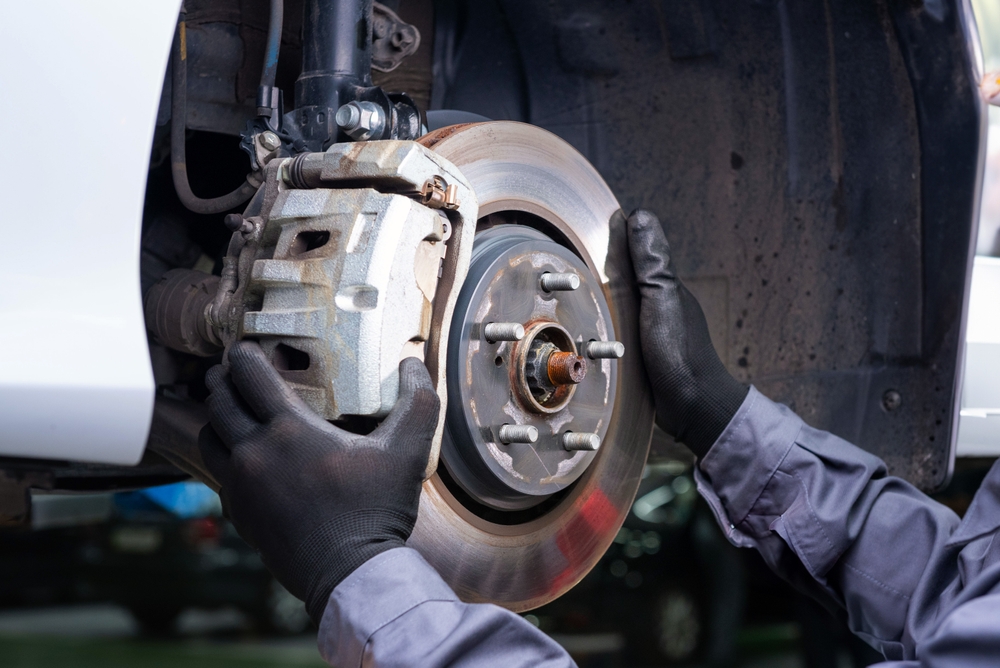
Brake calipers can seize if they are not regularly checked and maintained. When a caliper seizes, it can cause the brake pads to stay in constant contact with the rotor, leading to overheating, excessive wear, and reduced braking power. This can also cause the vehicle to pull to one side while braking. A seized caliper can lead to further damage to the braking system and even result in brake failure. Regular inspections can detect caliper issues early, allowing for timely maintenance or replacement.
Brake Line Leaks
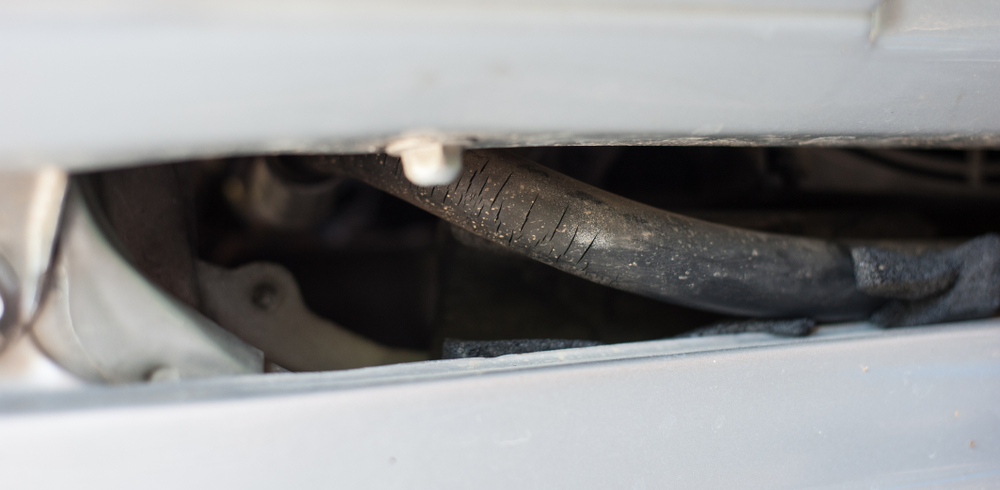
Brake lines carry hydraulic fluid from the master cylinder to the brakes. Over time, brake lines can develop leaks due to corrosion, wear, or damage. Ignoring regular brake checks can result in undetected leaks, which can cause a loss of brake fluid and a decrease in braking power. In severe cases, this can lead to complete brake failure. Regular inspections can identify leaks early, allowing for repairs before they compromise your vehicle’s safety. It’s important to address any signs of leaking brake fluid immediately, such as a soft brake pedal or visible fluid under the vehicle.
Brake Fade
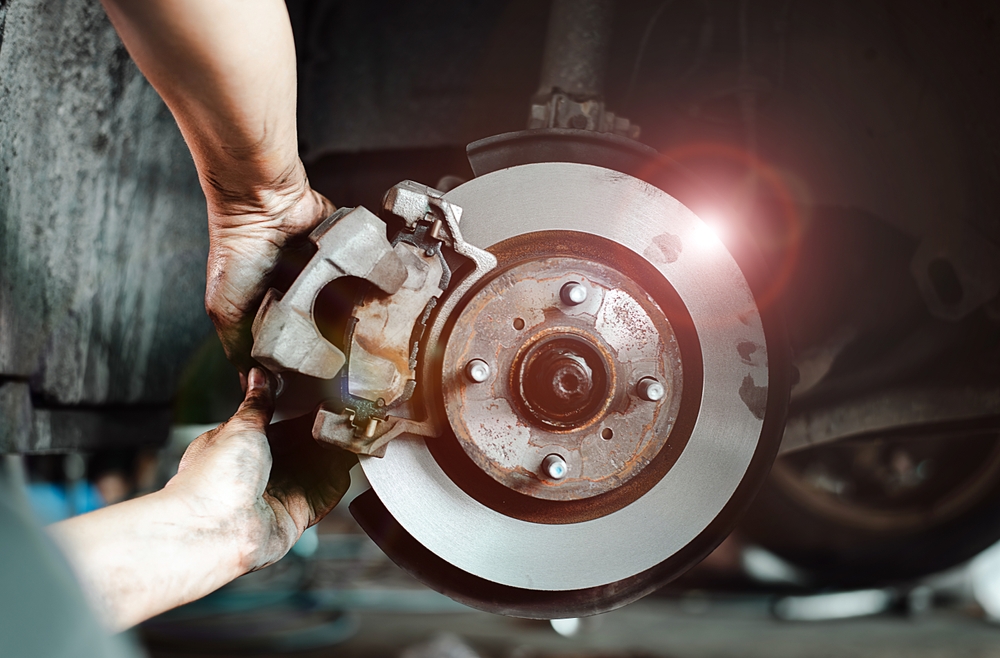
Brake fade occurs when the braking system overheats and loses its ability to generate friction, reducing braking power. This is often caused by worn brake pads, contaminated brake fluid, or excessive rotor wear—issues that can be prevented with regular brake checks. Brake fade is particularly dangerous during prolonged braking, such as when driving down a long hill, as it can lead to a complete loss of braking ability. To prevent brake fade, ensure your brake pads, rotors, and fluid are in good condition through regular inspections and maintenance.
Brake Noise
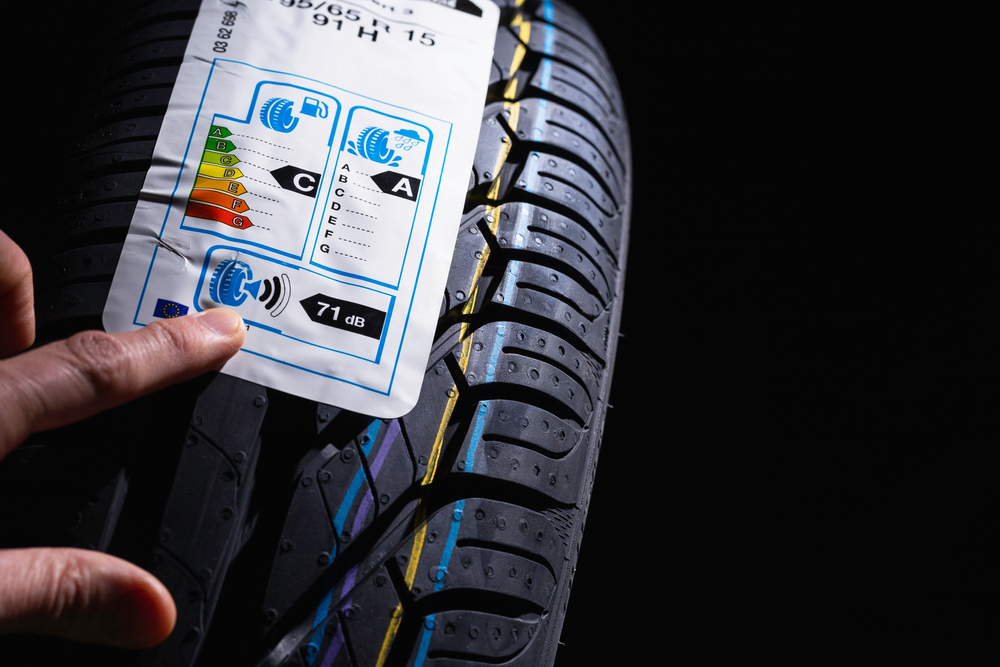
Squeaking, squealing, or grinding noises from your brakes are often early warning signs of problems. These noises can be caused by worn brake pads, glazed rotors, or loose components, all of which can be identified during regular brake checks. Ignoring these noises can lead to more serious issues, such as damaged rotors or brake failure. Regular brake inspections can catch these problems early, allowing for simple fixes like replacing pads or resurfacing rotors before they cause further damage.
Increased Stopping Distance

Worn brake pads, low brake fluid, or damaged rotors can all increase your vehicle’s stopping distance. Ignoring regular brake checks means you might not notice these issues until it’s too late. Increased stopping distance is particularly dangerous in emergency situations, where every foot counts. Regular maintenance ensures that your brakes are functioning at their best, providing the shortest possible stopping distance and improving overall safety.
ABS Malfunction
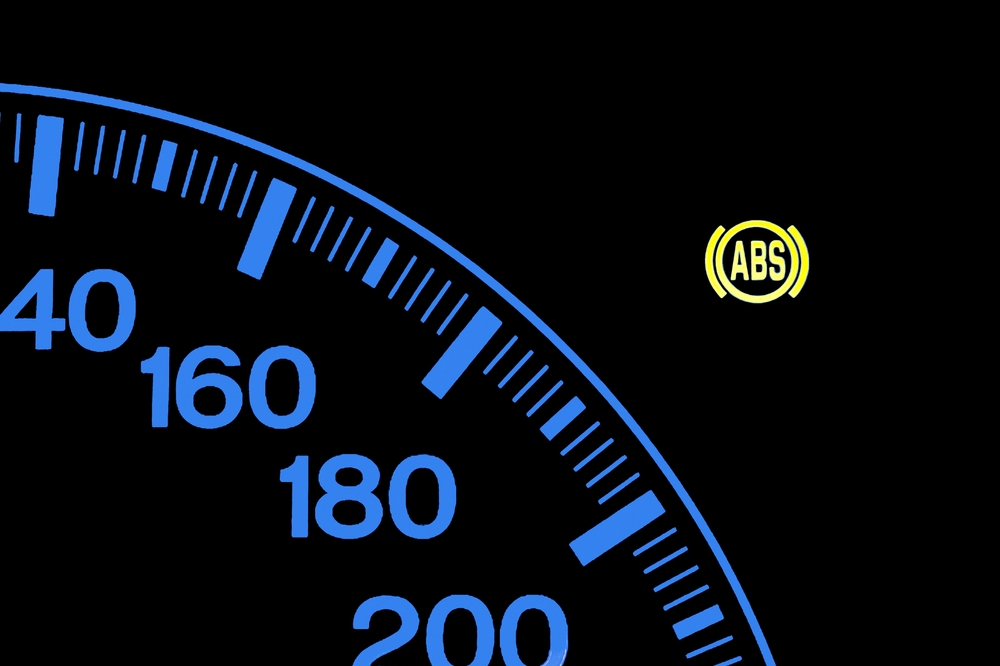
The Anti-lock Braking System (ABS) is a critical safety feature that prevents wheel lock-up during hard braking. If you ignore regular brake checks, issues such as worn sensors, damaged wiring, or low brake fluid can cause the ABS to malfunction. An ABS warning light on your dashboard is a clear sign of a problem that should not be ignored. Regular brake inspections can ensure the ABS system is functioning correctly, providing you with better control during emergency braking situations.
Brake Pedal Vibration
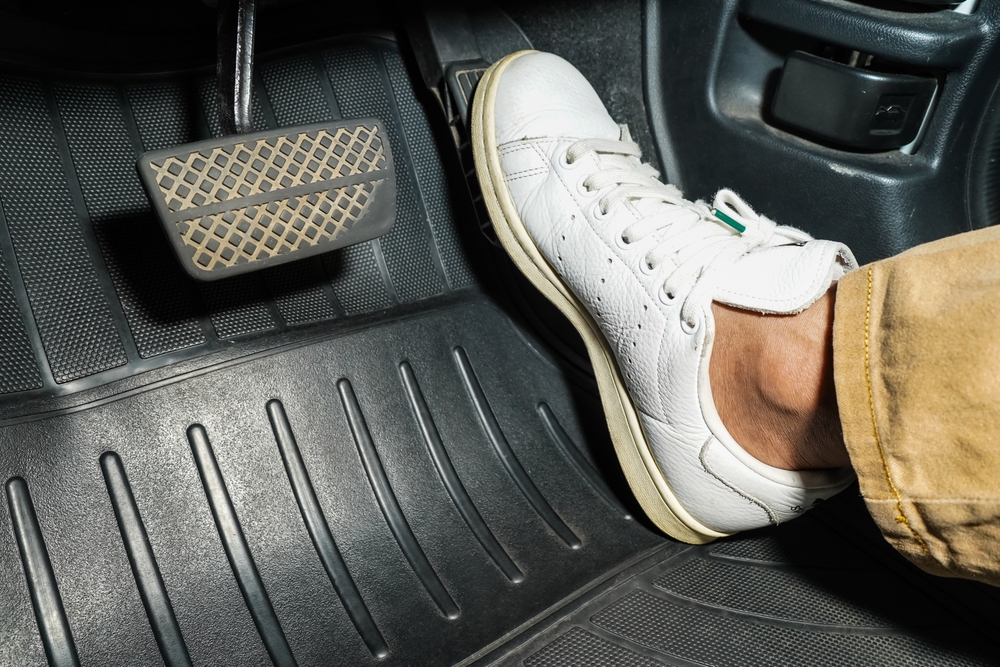
Brake pedal vibration is often a sign of warped rotors or uneven pad wear, both of which can result from neglecting regular brake maintenance. This vibration not only reduces braking efficiency but can also make the vehicle difficult to control during hard braking. Regular brake checks can identify and address the causes of brake pedal vibration, ensuring smooth and effective braking performance.
Handbrake Failure
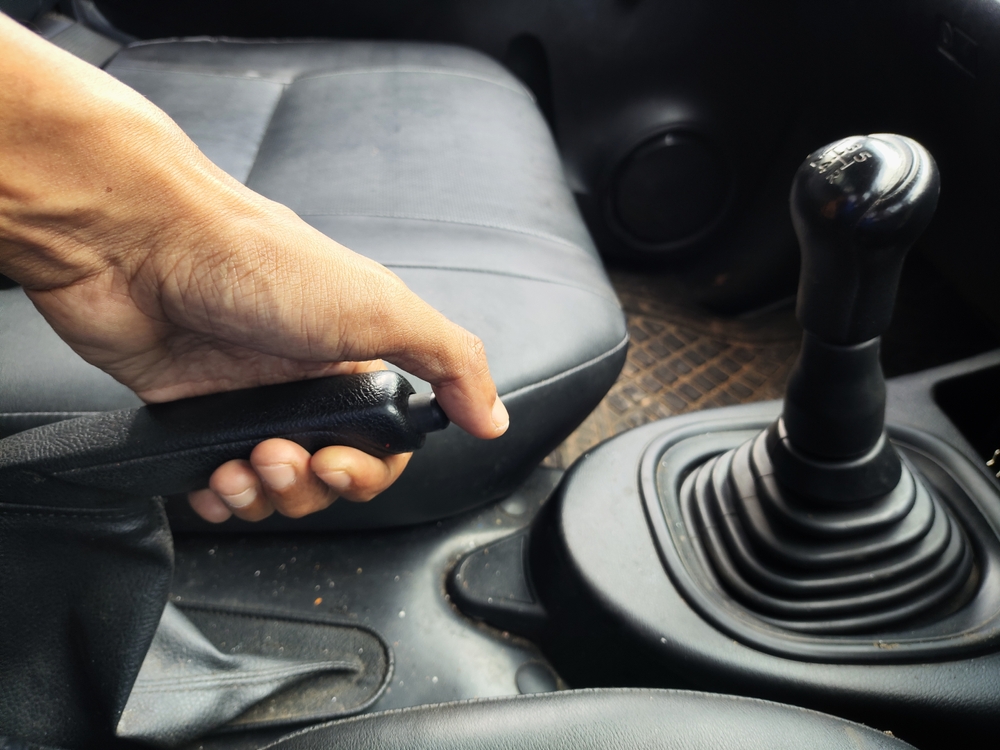
The handbrake, or parking brake, is an essential component for securing your vehicle when parked, especially on inclines. Ignoring regular brake checks can lead to handbrake failure due to stretched cables, worn components, or corrosion. A faulty handbrake can cause your vehicle to roll unexpectedly, posing a serious safety hazard. Regular maintenance can ensure that the handbrake functions correctly, providing the necessary holding power to keep your vehicle stationary when needed.
Brake Fluid Loss
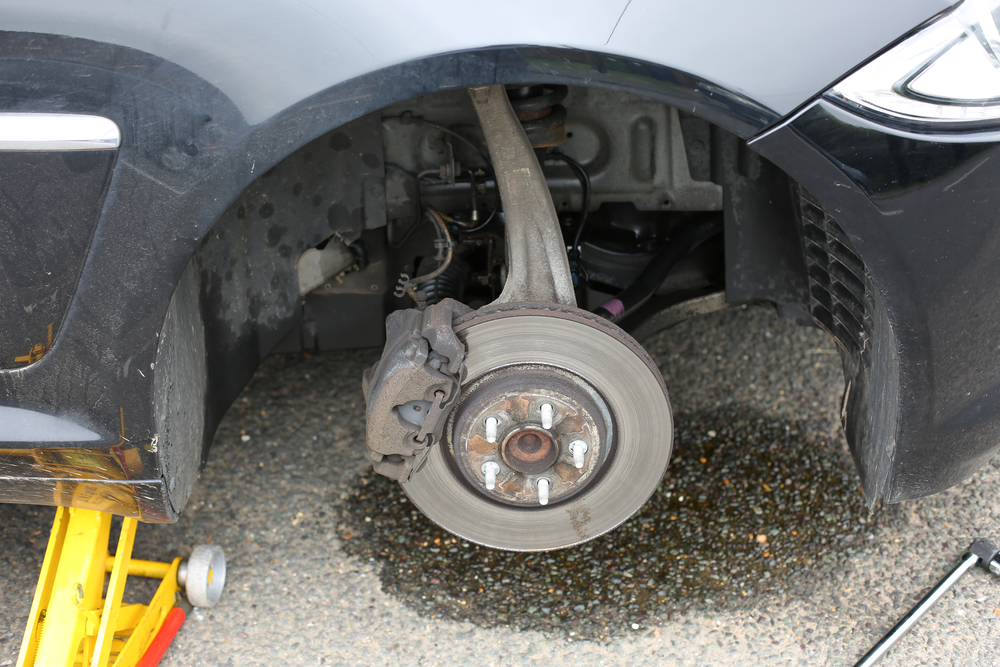
Brake fluid is essential for the hydraulic braking system to function properly. Ignoring regular brake checks can lead to undetected fluid loss due to leaks in the brake lines, master cylinder, or calipers. Low brake fluid levels reduce hydraulic pressure, leading to a spongy brake pedal and decreased braking efficiency. In severe cases, this can cause total brake failure. Regular inspections can detect and address brake fluid leaks early, preventing dangerous situations on the road.
Corroded Brake Components
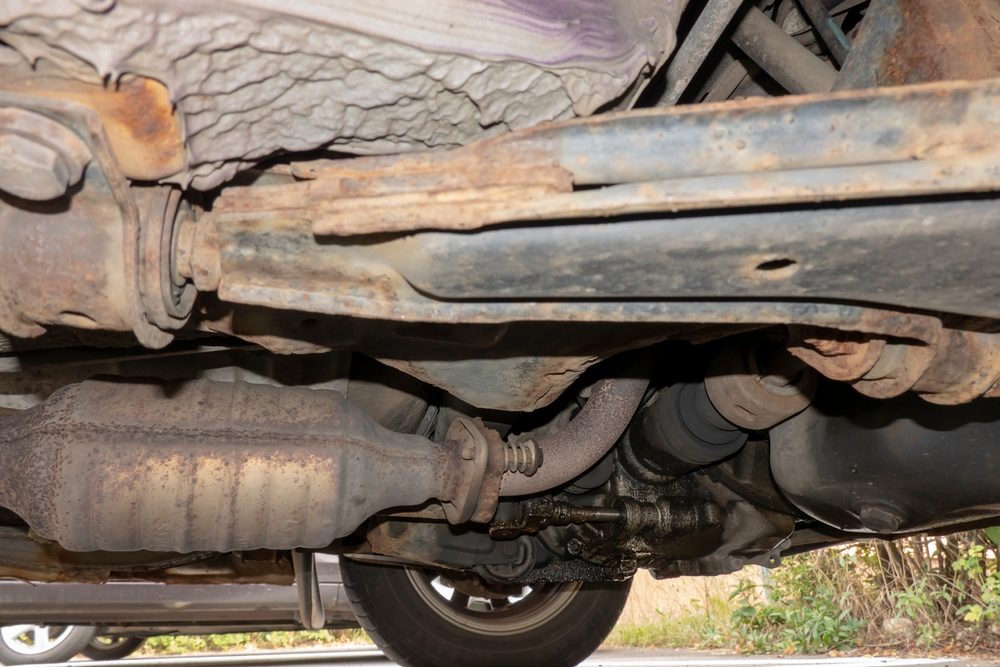
Brake components, especially those exposed to the elements, can corrode over time. Ignoring regular brake checks allows corrosion to progress unchecked, potentially leading to weakened or seized components. Corrosion can affect brake lines, calipers, and even rotors, reducing braking performance and increasing the risk of component failure. Regular inspections can identify corrosion early, allowing for preventative measures such as cleaning, lubricating, or replacing affected parts before they cause serious issues.
Brake Master Cylinder Failure
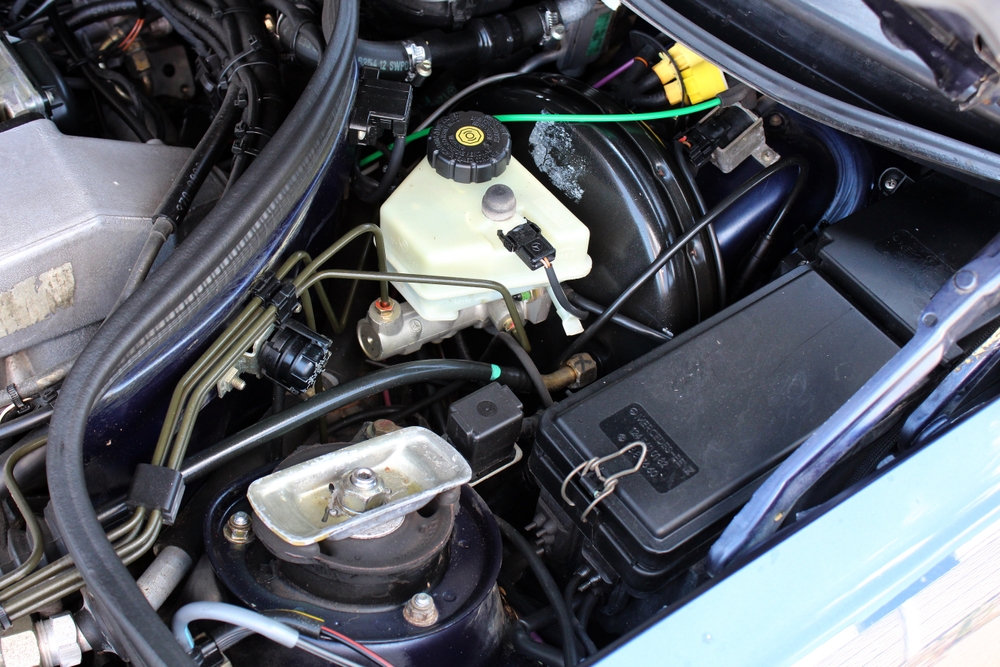
The brake master cylinder is responsible for distributing brake fluid to the entire braking system. Ignoring regular brake checks can lead to unnoticed wear or damage to the master cylinder, resulting in reduced braking power or complete brake failure. Symptoms of a failing master cylinder include a sinking brake pedal or inconsistent braking performance. Regular inspections can catch these issues early, allowing for timely replacement of the master cylinder and maintaining safe braking performance.
Overheated Brakes
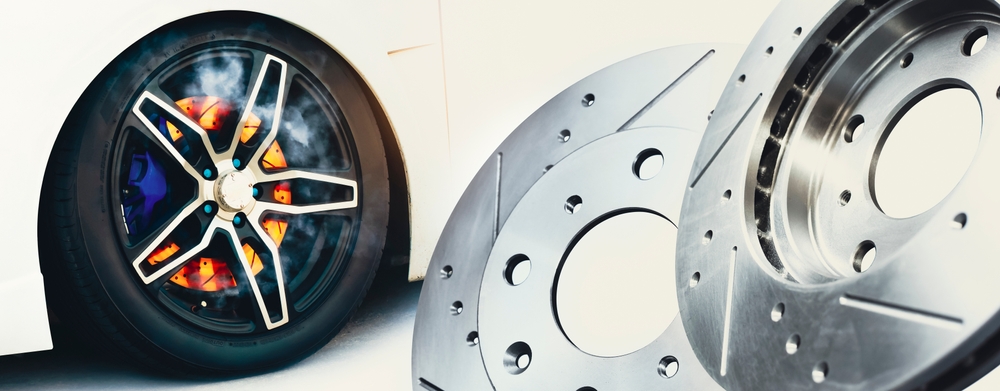
Overheating can occur when brakes are used excessively, especially with worn pads or damaged rotors. Ignoring regular brake checks allows these issues to persist, increasing the risk of brake overheating. Overheated brakes can lose their effectiveness, known as brake fade, and cause damage to other components, such as calipers and rotors. Regular maintenance ensures that your brakes are in good condition, reducing the risk of overheating and maintaining reliable braking performance.
Brake Dust Buildup
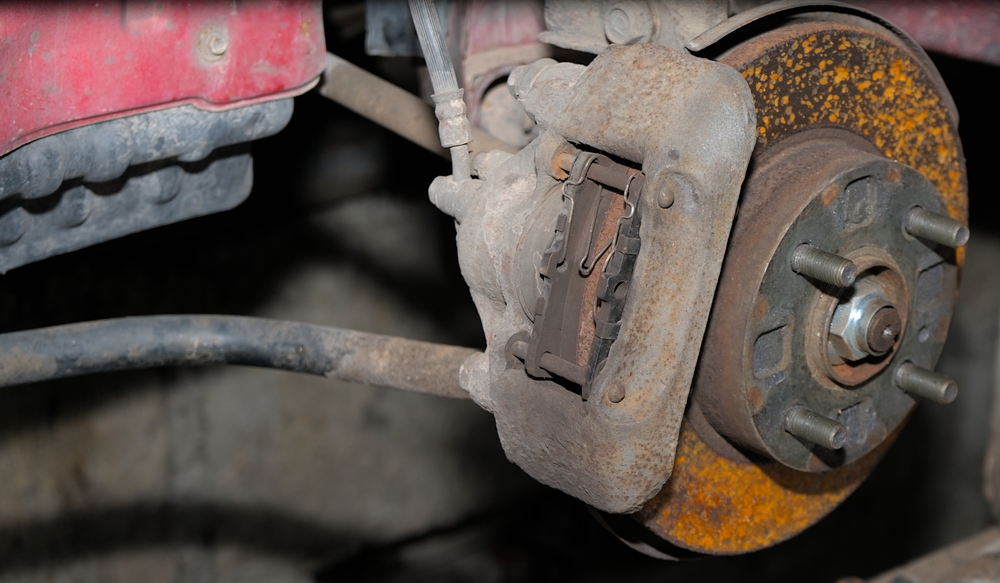
Brake dust is a byproduct of the braking process and can accumulate on brake components over time. If regular brake checks are ignored, this dust can build up excessively, leading to reduced braking performance and even damage to the braking system. Excessive brake dust can also cause squeaking or grinding noises. Regular cleaning and inspection of the braking system can prevent brake dust buildup, ensuring optimal performance and extending the life of your brake components.
Brake Drum Damage
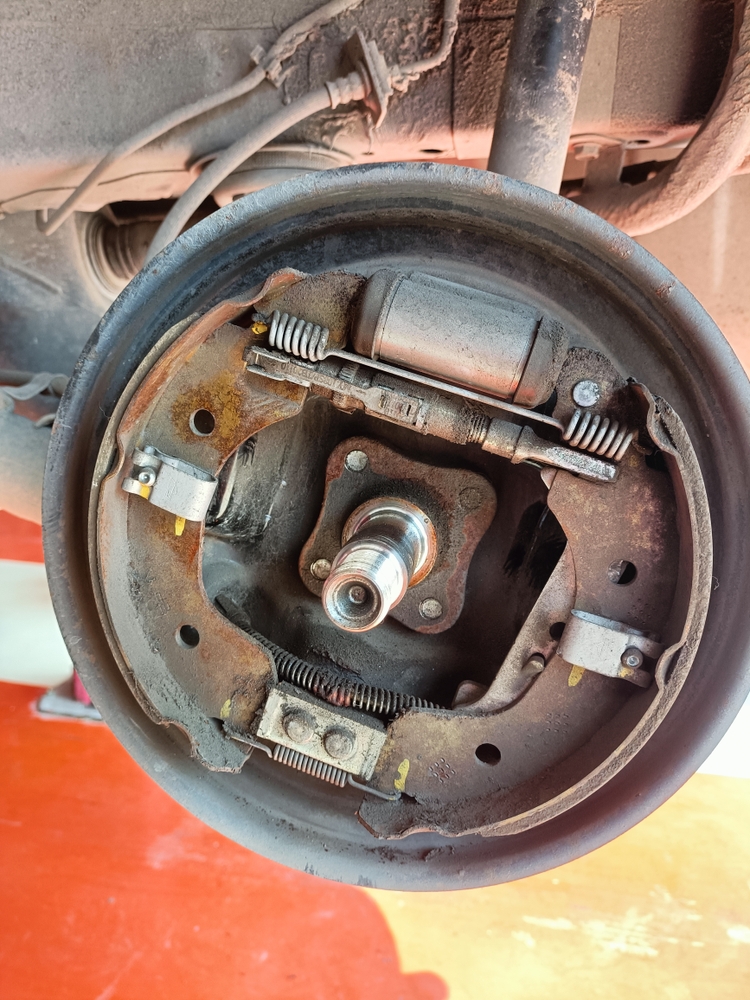
For vehicles with drum brakes, ignoring regular checks can lead to significant wear and damage. Over time, brake shoes wear down and can cause grooves or cracks to develop in the drum itself. This damage reduces braking efficiency and can lead to costly repairs if the drum needs to be replaced. Regular inspections can catch worn brake shoes early, allowing for replacement before they cause damage to the brake drum, ensuring consistent and effective braking performance.
Brake Pedal Softness
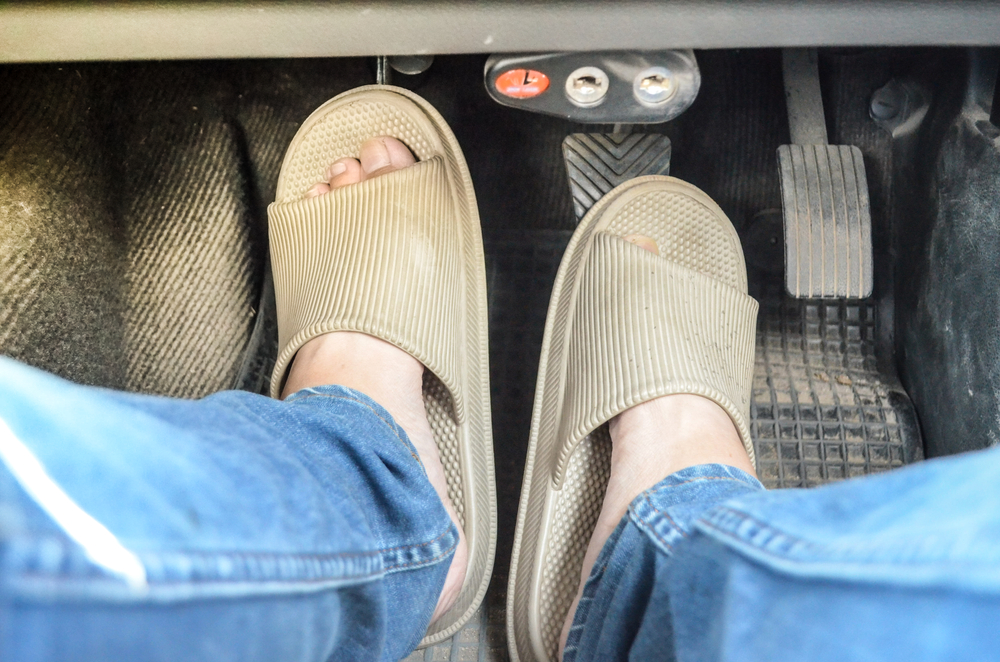
A soft or spongy brake pedal is often a sign of air in the brake lines, a problem that can result from ignoring regular brake checks. Air in the brake lines reduces the hydraulic pressure needed for effective braking, leading to longer stopping distances and a less responsive brake pedal. Regular brake maintenance includes bleeding the brakes to remove any air, ensuring a firm and responsive brake pedal for safe driving.
Total Brake Failure
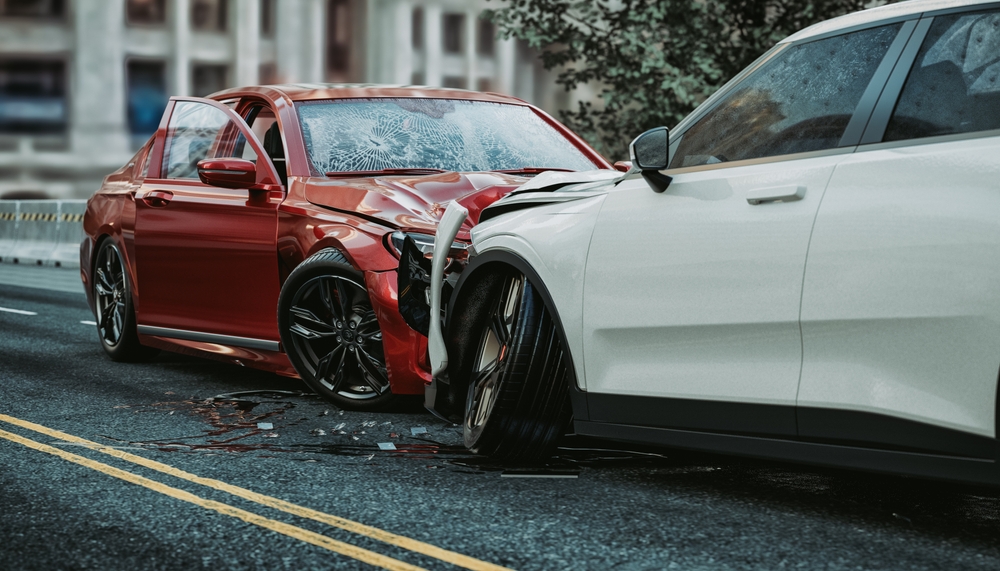
The most severe consequence of ignoring regular brake checks is total brake failure. This can occur due to a combination of issues, such as worn brake pads, leaking fluid, or a failing master cylinder. Total brake failure can lead to catastrophic accidents, especially if it occurs at high speeds. Regular brake checks are essential to prevent this extreme outcome, ensuring that all components of the braking system are functioning properly and that any potential issues are addressed before they lead to failure. Regular maintenance and timely repairs are critical to ensuring your safety on the road.
This article originally appeared on MyCarMakesNoise.
More from MyCarMakesNoise
20 Once-Popular Train Models Now Out of Service

Here are some defunct train models that are now obsolete, reflecting the progress and changes in railway technology over the years. Read More.
20 Wild Street-Legal Motorcycles That Will Blow Your Mind

Street-legal motorcycles can combine the thrill of racing with the practicality of everyday use. Some models push the boundaries of performance and design while still being road-legal. Read More.
20 Cars Likely to Be Discontinued in 3 Years

The automotive industry is constantly evolving, with some models being phased out to make way for new innovations. Read More.

